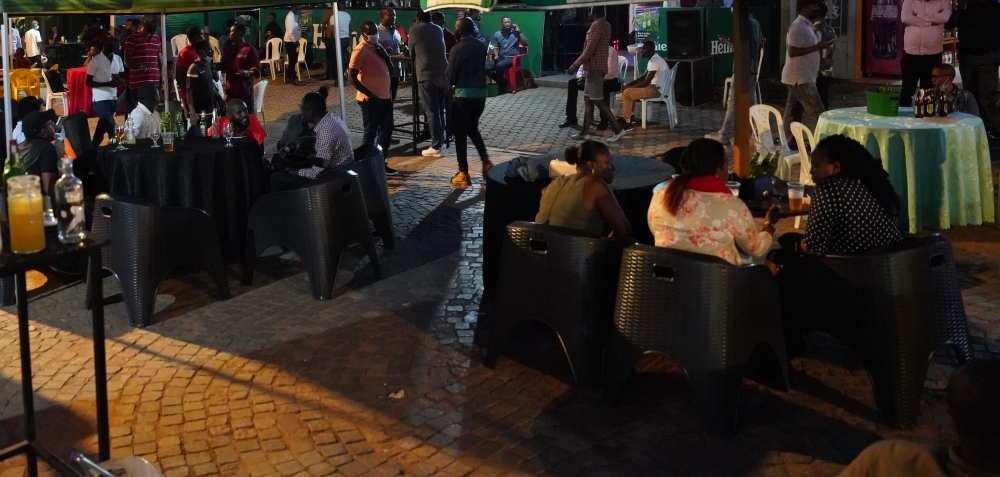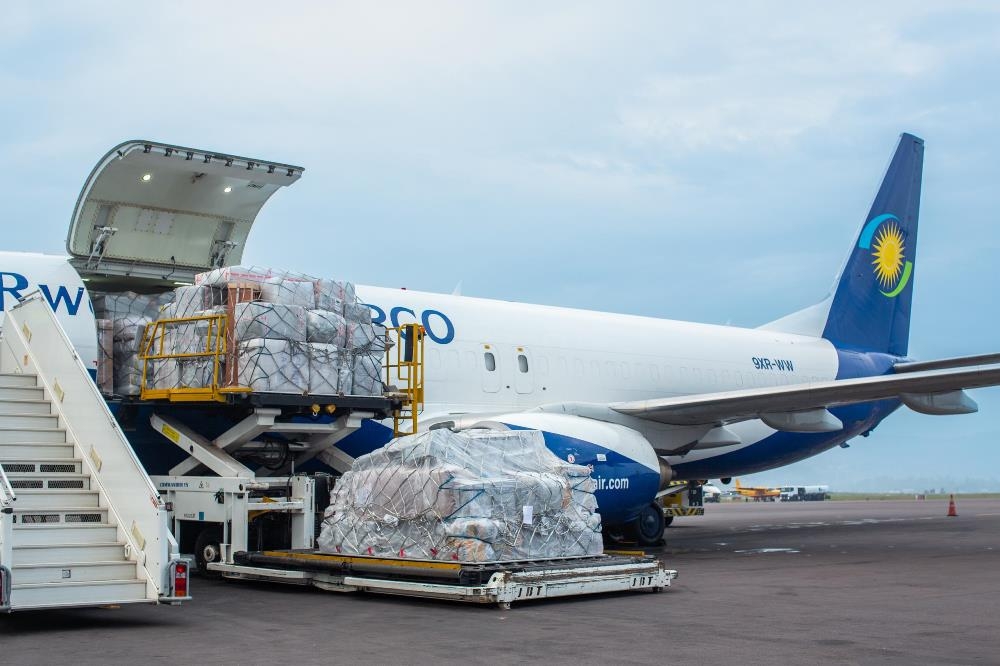One day in 1971, a sitting president in this region jumped on a flight to Singapore but as he was flying back, he learnt that his presidency had been cut short and it was not even wise to try and go back home.


One day in 1971, a sitting president in this region jumped on a flight to Singapore but as he was flying back, he learnt that his presidency had been cut short and it was not even wise to try and go back home.Uganda’s then President, Dr. Apollo Milton Obote, was forced to seek refuge in Tanzania after Idi Amin had decided it was time for him to also enjoy "the chair” as Ugandan politicians often refer to the presidency. Obote’s choice of Tanzania may have resulted in regular hearty laughs over a cup of tea with his friend Julius Nyerere but ultimately strained the relations between Uganda and Tanzania very badly. Obote was joined by about 20,000 refugees who were fleeing Idi Amin’s brutal regime in Uganda. These refugees who were mainly consisting of groups opposed to Idi Amin (many of them armed) further increased the tensions between the two countries as they planned to attack Uganda. Towards the end of 1978, Uganda declared a state of war against Tanzania and sent troops to annex part of the Kagera region of Tanzania, which Idi Amin claimed belonged to Uganda. To cut the long story short, the Tanzanians, with their Russian made BM Katyusha rocket launchers (which the Ugandans named saba saba), managed to give Idi Amin a bloody nose, consequently kicking him out of power. Fast forward to 2012 and Tanzania is again embroiled in a border dispute, this time with its southern neighbour, Malawi. The tensions have been slowly rising and the latest development is that Malawi has called off talks aimed at solving the issue amicably. The bone of contention here is the border of Lake Malawi, which is potentially rich in oil and gas. Tanzania is adamant that the border line is in the middle of the lake while Malawi insists it is at the extreme northern edge. Interestingly, the Tanzanians do not even refer to it as Lake Malawi but, Lake Nyasa. Malawi is seeking intervention of the International Court of Justice to pronounce itself on the matter. Border disputes are common around East Africa and where resources are involved the tensions are much higher. Tanzania claims mistakes were made when the colonialists were demarcating the border points. With this same argument I often remind my Kenyan friends that Turkana area (which has oil) used to be a part of Uganda! What I beg here is that the Tanzanians need to know that the game has changed and they are not dealing with the Uganda of 1978. Instead, they are up against a resilient Malawi led by a lady who has already proven to be quite tough. Kikwete may wish to remember that Malawi is not Uganda. The best person to do the reminding would be Sudan’s Gen. Omar el Bashir. Malawi’s leader, Joyce Banda vowed to arrest and throw Bashir at the ICC if he dared to step in Malawi. Such a woman is not likely to flee in fear like Idi Amin who ran away when he heard the saba saba. Unfortunately, even before the border issue can be solved, the tensions in Zanzibar are also unending. A policeman was recently killed in Stone Town riots after the disappearance of a radical Muslim cleric. More frightening is that even up north, things are not good in Mombasa. The Mombasa Republican Council seems to have grown out of control and made the coastal region almost ungovernable. As we continue to hope for peace and understanding, we can smile at the good news from the aviation industry. Finally, a low-cost airline is opening shop in the region and it will start its operations on November 1 in Tanzania, with plans to roll out to other EAC countries a little later. FastJet may be the saviour that the region’s aviation industry has been waiting for. The dominance of Kenya Airways and Ethiopian Airlines had not helped much with ticket prices always very high compared to the short flights they make. However, member states need to cut on the greed and bring down the high airport taxes. After writing this whole article, I was compelled to redo most of it just to accommodate the joy that was overflowing on social media over Rwanda’s election for a seat at the United Nations Security Council. The win must have also been a slap in the face for those who earn a living by constantly regurgitating the Congo story. Indeed, Rwanda is riding on a winning streak lately. The country celebrated 50 years recently and set up a sovereign wealth fund that grows by the day!Blog: www.ssenyonga.wordpress.comTwitter: @ssojo81




